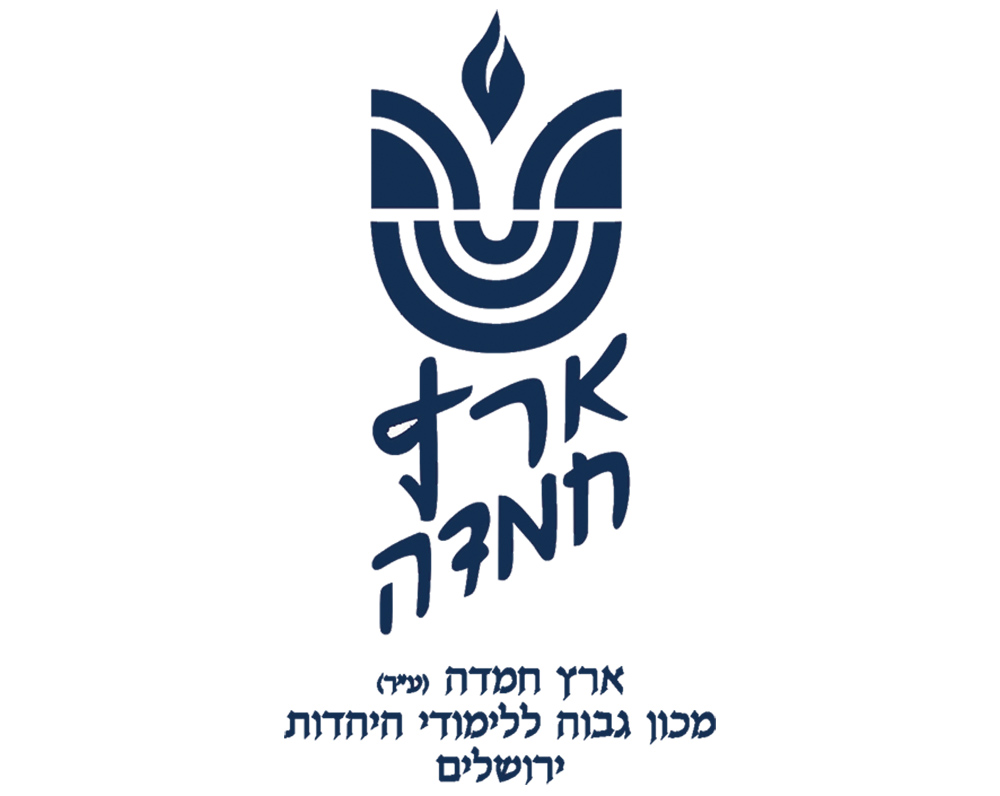Parshat Kedoshim
There are different minhagim regarding the haftarah that is read when Parshat Kedoshim is separated from Parashat Acharei Mot. This article discusses the haftarah taken from Sefer Yechezkel although many Batei Knesset read the same haftarah that was read last Shabbat from Sefer Amos.
The haftarah for this week’s parsha of Kedoshim is one not commonly heard. On most years, the parsha is read together with Parshat Acharei Mot with the haftarah taken from Sefer Amos, according to Ashkenazic practice. When these portions are read separately, the haftarah is often “replaced” by the Rosh Chodesh reading or by the “Machar Chodesh” haftarah. In fact—believe it or not—the last time Ashkenazim read this haftarah was … 27 years ago! It, certainly, is a rare privilege to hear this nevuah chanted in our batei knesset … but, in truth, I would not say it is a “pleasant” one.
The 22nd perek of Sefer Yechezkel is filled with some of the strongest denunciations of Israel found in all of the Tanach. This haftarah selection does not focus upon those many mitzvot we hear throughout the parsha—mitzvot that would help bring the nation closer to Hashem and place them on a greater level of kedusha. Instead, Chazal chose this nevuah that connected to the final section of the parsha—where the Torah warns Israel against the practice of the lowest forms of human behavior, including adultery, incest and child sacrifice. Indeed, Rav Amnon Bazak brilliantly points out how the prophet lists nine of his generation’s abominations (in verses 7-11)—and all of them are included in the two chapters of the parshat Kedoshim (19-20)!
Now, there is little question as to why Yechezkel attacks Israel with this powerful prophecy as God Himself refers to Yerushalayim as “Ir HaDamim”—a city of bloodshed! The generation of Yechezkel was guilty of committing the worst of atrocities, including bloodshed and idolatry. The Navi knew that these people needed to hear these harsh words in the hope that they would change their sinful behavior. However, the question that concerns us is why our ancient scholars chose this prophecy to be read for all future generations on this Shabbat. And, truthfully, I find it especially troubling that our generation—a generation whose parents and/or grandparents survived the destruction of one-third of our nation—must now hear these painful words on the very Shabbat when we look forward to the upcoming celebration of Yom Ha’atzmaut! Would it not have been more fitting to have chosen a haftarah—even one that harshly criticized the sinful nation—but would have included some message of hope and promise for the future? Would that not have been a message more timely and appreciated by our generation, rather than one that closes with the prediction of exile and dispersion?
Yes. It is as I said, a very unpleasant message for us to hear on this Shabbat. Which is why it is so important to review the entire haftarah carefully—which is what I had to do. Because the key to “unlocking” the hope hidden in this depressing and frightful prophecy can be found in the final two pesukim. After warning of the coming of galut, Hashem promises: “ … v’hatimoti tumatech mimech”—that in the diaspora, God will “remove your contamination”—a divine pledge that the oppression of exile will purify you. Hashem predicts that the many years of suffering in hostile lands will bring the nation to recognize their misdeeds and cleanse them from the sins of the past. Indeed, the very last pasuk guarantees that at that time, Israel would return to their land—a return that would be witnessed by all—and this, the prophet closes, will prove to His children that He is Hashem, their God.
This is the consolation that we find in our haftarah, and this is what we—our generation—are witnessing today.
Rabbi Neil Winkler is the rabbi emeritus of the Young Israel of Fort Lee, and now lives in Israel.








